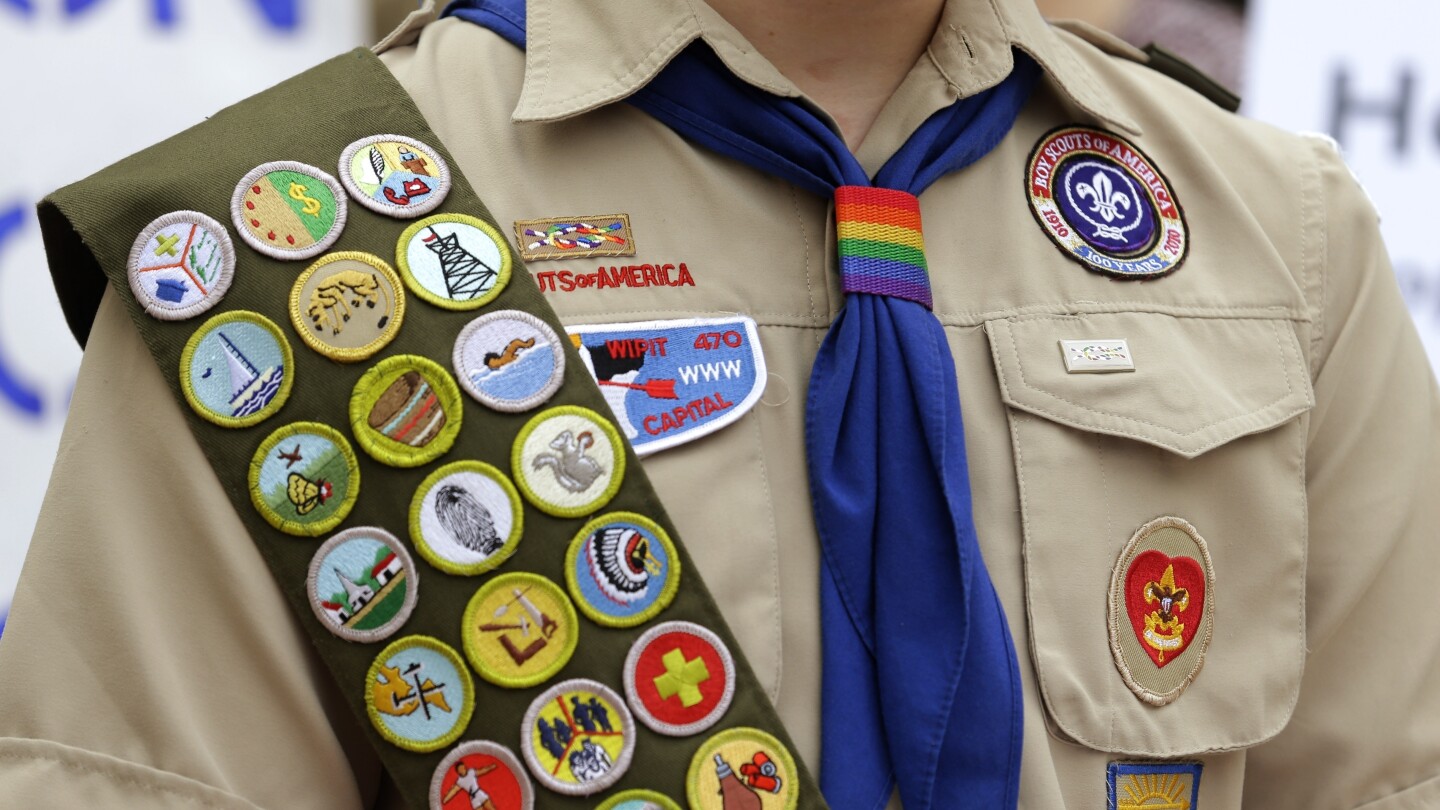- cross-posted to:
- [email protected]
- cross-posted to:
- [email protected]
cross-posted from: https://lemmy.ca/post/20749204
Another positive step in the right direction for an organization rife with brokenness. There’s a lot I don’t like about the organization, but this is something a love–a scouting organization open to young women and the lgbtq community. The next step is being inclusive of nonreligious agnostic and atheist youth and leaders. As well as ending the cultural appropriation of Native American peoples.
May this organization continue to build up youth, never allow further violence against youth, and make amends for all the wrongs. There’s a lot of good that comes out of organizations like this and I won’t discount it even though it’s riddled with a dark history.



That is false. They are very explicit in their policies that they do not define “god”. Their policies leave the definition of “god” to be determined by the scout, not the scouting organization.
The “duty to god” requirement charges you with defining your own god. You are not beholden to anyone else’s definition.
They do not define god, but they do constantly refer to God (capital G), and a requirement for faith. Faith ends up being extremely hard to define, but from the context in which it is used here, it strongly implies that faith requires a belief in an external deity.
The simple way to answer this question would be to simply ask; I can write to the Scout board, say that I’m an Eagle Scout–which is true–that I’ve had a change of faith since I was in Scouting, and that I now identify as an atheistic Satanist, and ask if I am eligible to work in adult leadership roles. Which I am doing right now.
Your link is to a site hosted by andividual scouter. It is not the policy of the organization.
Correct. Which is why the organization does not actually define it. They explicitly state that it is to be defined by the scout and the scout’s family.
I, too, am an atheist, by the usual definition of the term: I believe in no supernatural deities. However, with BSA’s definition, “atheism” is only possible if I believe in nothing whatsoever. Some extreme form of nihilism. With BSA’s definition, I do, indeed, have a “god”: my own consciousness. I do, indeed, have a “religious” creed: logic, rationality, the pursuit of understanding reality. I wouldn’t normally refer to these as “god” or “religion”, but they serve the same purposes for me that gods and religions serve to theists.
That is not a question they can answer. They charge you with defining your “god”. You are the authority on the subject, not them.
If asked how I fulfill my “duty to God”, I would respond that within my worldview, the concept that BSA refers to as “god” is more commonly described as “consciousness”. I might mention that within my worldview, it is considered “impolite” and “imprecise” to refer to consciousness as “god”, but that I recognize there is no malicious intent behind the BSA usage of the term. If I got any pushback on that, I would remind the inquisitor that my family and I are charged with defining God and religion. I would further remind them that a scout is reverent, and reverent includes tolerance and respect of the beliefs of others.
I would explain that I fulfill my duty by experiencing, learning, teaching. I would describe a memorable experience, what I learned from that experience, and thank the inquisitor for giving me the opportunity to fulfill my “religious” duty by sharing the knowledge I had gleaned.
If I recall correctly, (it’s hard to look at previous messages with this app), you said you could truthfully describe yourself as your own god. Do you exist? If you exist and you can describe yourself as your own god, is it still reasonable to call yourself an atheist?
If you are your own god, what duty do you have to yourself? Are you fulfilling that duty? Are you reverent? If you can answer those questions (and it doesn’t really matter what the answers are), you are eligible to be a scout.